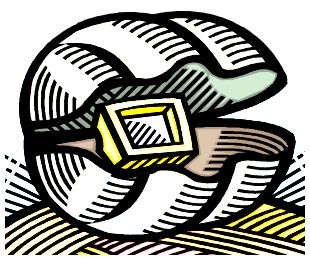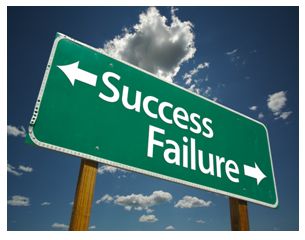Microfluidics: micro, because biotech isn’t just nano
Two important new introductory talks about the background and latest developments in ‘lab on a chip’ technology
For women computer scientists, Mudd sticks
Paltry numbers of computer scientists are women. Christine Alvarado helped QUADRUPLE those numbers at Harvey Mudd College, whose reputation for excellence rivals MIT: this video offers insight into how she did it
Scientists, so impractical? The results are in: Commercial Targets: 0, Freedom: 1
Scientific creativity. An engine of growth and innovation, held back by a lack of market focus and managerial discipline? So a stricter commercial regime should turn science into a lean, mean, innovation machine, right? Well…
Can entrepreneurialism be automated?
If Artificial Intelligence is going to automate the world’s entire workforce, we’re all going to need to give up any hope of employment and become startup entrepreneurs and innovation investors instead. They couldn’t possibly automate those, could they?
Computation: digital today, analog tomorrow?
Nature chuckles at our feeble, stumbling efforts at computation. Its analog computing resources effortlessly deliver dazzling practical intelligence at microscopic scale with zero tolerance for wasted power
What can you see at a trillion frames per second?
At that speed, you can see things that you shouldn’t be able to see at all, things that the camera isn’t actually pointing at. Wherever light has been, as it bounces around our world, it can tell us a story about its journey, letting us ‘see around corners’
Yeah, like, there’s this professor that GROWS electrical kit
Apart from biology, our physical world is mostly either dumb, rock hard, or both. We use that hard, dumb stuff to make durable things like tools, vehicles and buildings. Biology, although soft, squishy and smart, somehow also manages to grow incredibly hard things, like shells and teeth. Maybe biology can teach us better ways to make hard stuff too
Sneak preview of MIT research into robot humanisation
Can we build robots that can be taught in the same way that humans teach each other? That’s not how we teach robots now. Is this the way to make robots more useful in natural disasters?
Charisma failure = innovator failure?
Problem: many brilliant innovators wouldn’t recognise their own shortcomings in the charm department even if … (insert painfully humiliating scenario) Solution? Get ready for the Science (or Zen?) of Charisma









